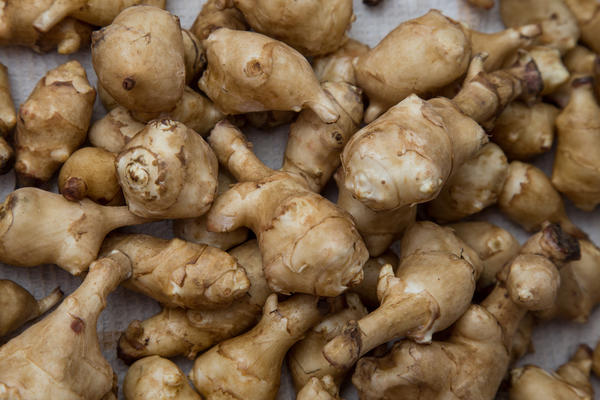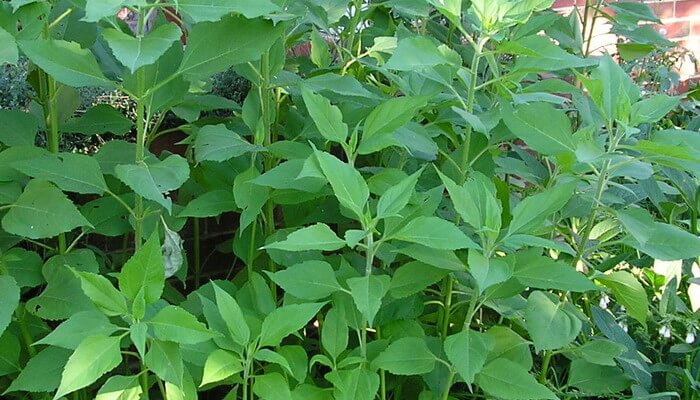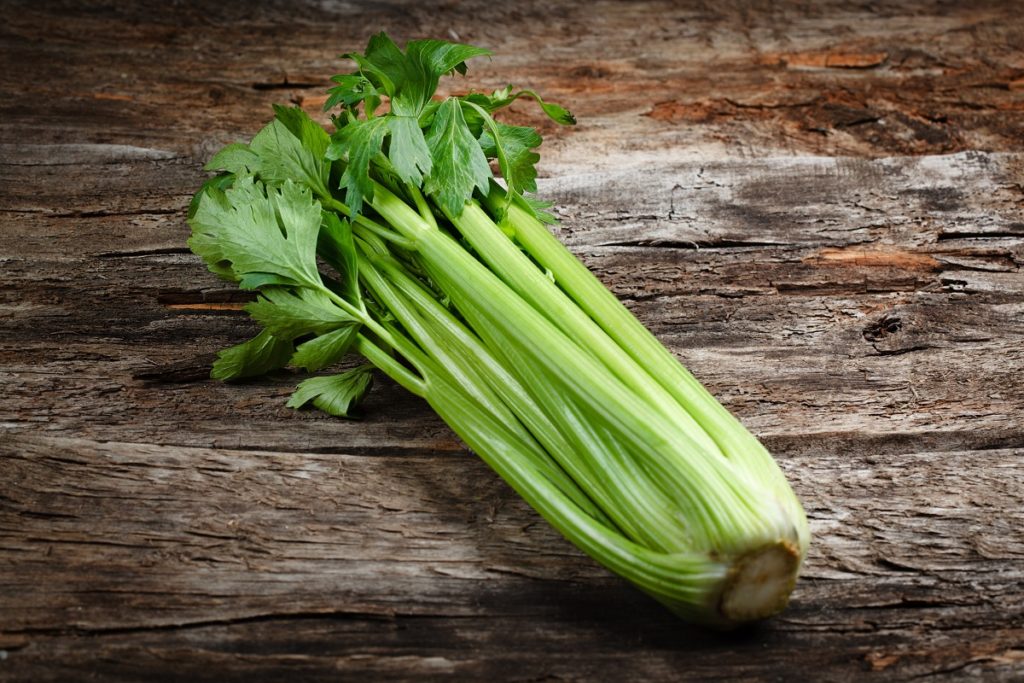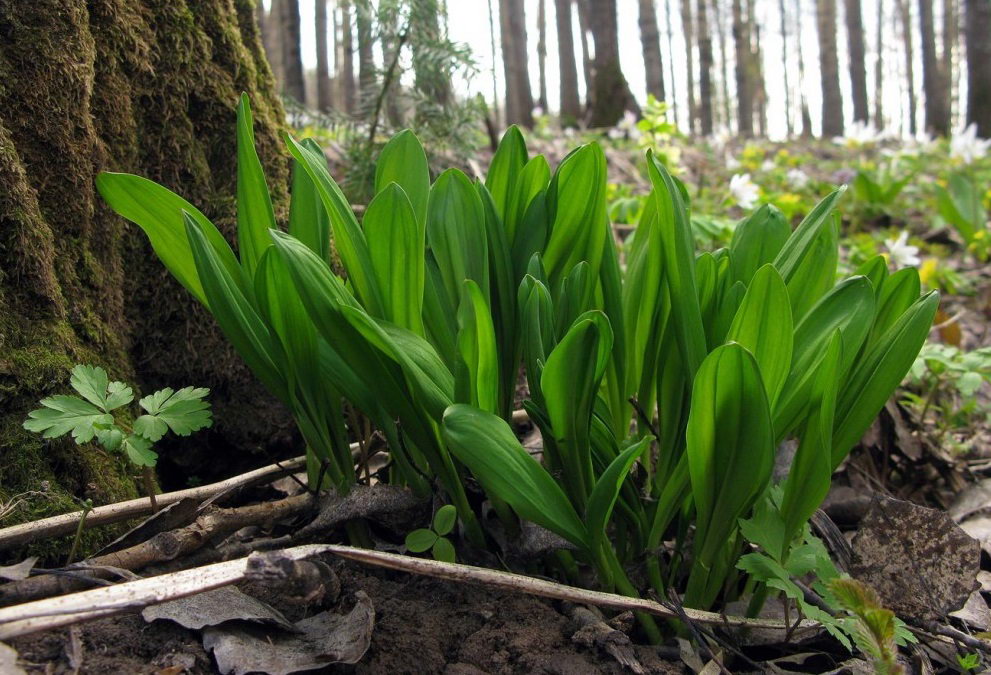Content:
Jerusalem artichoke is a tall herb (grows up to 3.5 m) with a straight stem, elongated leaves and yellow basket-like inflorescences. The first to grow this vegetable were the ancient Indians. Then they called it an earthen pear (some people still call it that today). Outwardly, Jerusalem artichoke looks like a potato, and its taste is somewhat reminiscent of cabbage.
Beneficial features
Jerusalem artichoke tubers contain a large amount of vitamins, as well as micro and macro elements necessary for the proper functioning of human organs and systems. It is thanks to this that the plant has gained great popularity among people adhering to the principles of proper nutrition.
Jerusalem artichoke contains vitamins B, in particular vitamins B1 and B2. They improve the functioning of the nervous and digestive systems, heart and blood vessels.
The plant also contains vitamins of group C, which are responsible for the functioning of the body's immune system. In addition, Jerusalem artichoke has a high content of magnesium, calcium, iron, phosphorus, sulfur, zinc, boron, antioxidants, etc. An interesting fact is that after cooking in Jerusalem artichoke, the same level of fiber is retained as in a raw vegetable.
The earthen pear contains a high content of various amino acids (valine, histidine, leucine, lysine, tryptophan, etc.) and insulin. Insulin helps cleanse the body of harmful substances and parasites, as well as remove salts from the joints. It is recommended to consume the vegetable for people with obesity, respiratory diseases, hypertension, diabetes mellitus and those who have digestive problems.
Contraindications
The plant has practically no dangerous properties, if you do not take into account the presence of personal intolerance to the product in some people. In addition, depending on the growing conditions, Jerusalem artichoke may contain nitrates that negatively affect the human body.
How to cook Jerusalem artichoke?
Most often, Jerusalem artichoke is eaten raw, since it is in this form that the vegetable will contain all its beneficial properties. The ideal solution would be to prepare a salad with various spices. You can also add other root vegetables to the salad (for example, carrots, beets, or corn).
Despite the health benefits of a raw product, many people prefer to fry, boil, stew, and bake this vegetable. The plant's powder is often used to make bread, which is recommended for stomach problems.
Another excellent dietary dish is Jerusalem artichoke soup. It is prepared from vegetable roots, broccoli, cauliflower, celery, carrots and bell peppers. All ingredients are cooked for 10 minutes, after which spices are added to them.
Jerusalem artichoke coffee
Coffee is also made from the plant. For cooking, you need to pour boiling water over the tuber, fry, fry, and then place it in a coffee grinder. The resulting powder should be brewed like regular coffee.
In conclusion, we can say that Jerusalem artichoke is a vegetable that ideally combines pleasant taste and a large amount of nutrients. Thanks to this, he found wide application in folk and scientific medicine.


















